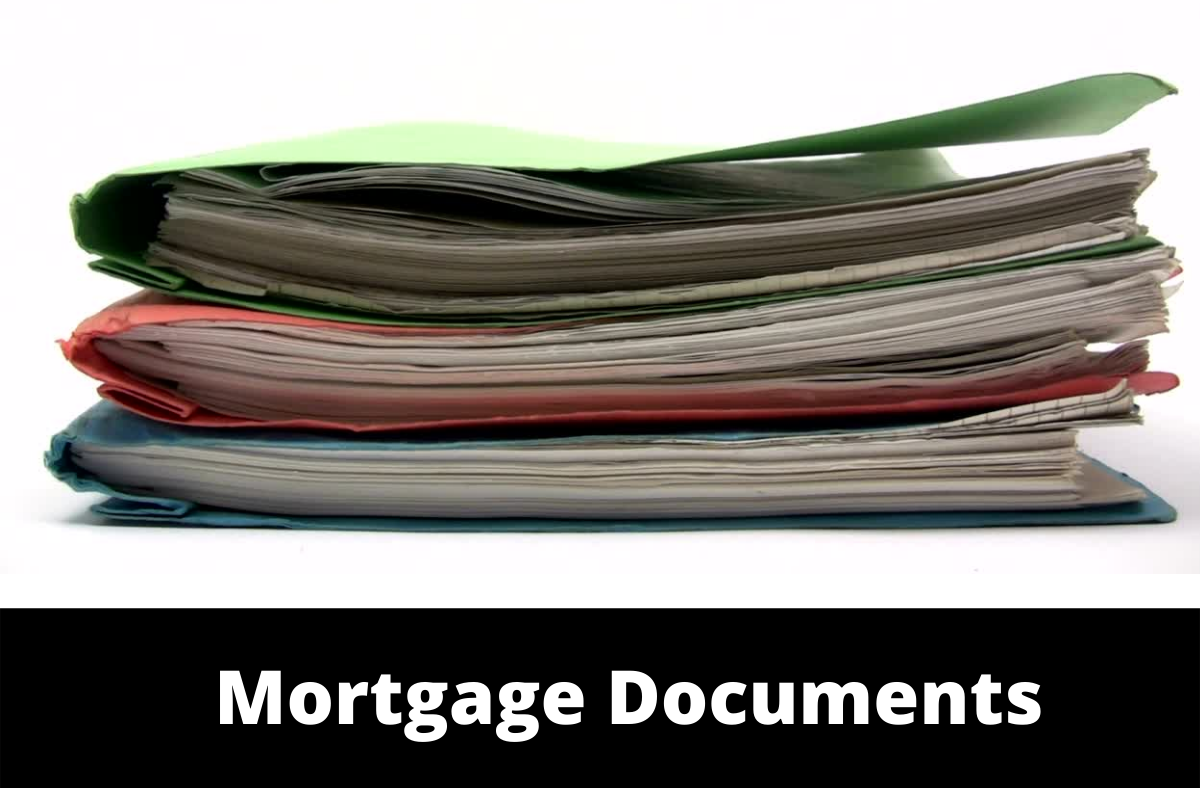An Overview Of Mortgage Points
 There is a lot of terminologies involved in the mortgage application process, and one common term people come across is a mortgage point. What exactly is a mortgage point, and how might impact the price of the loan?
There is a lot of terminologies involved in the mortgage application process, and one common term people come across is a mortgage point. What exactly is a mortgage point, and how might impact the price of the loan?
What Is A Point?
Points represent fees due at signing. Some lenders charge points while others do not. In some cases, applicants are given the option to pay points in exchange for a rate reduction. A single point is the equivalent of one percent of the loan’s value. If the home loan is $200,000, then a single point is $2,000.
Origination Points And Discount Points
There are two common types of mortgage points. The first is called an origination point. The second is called a discount point. An origination point is charged to cover the cost of creating the loan. Typically, origination points are directly tied to the compensation the loan officer receives for writing the loan. The other type of point, the discount point, is used to reduce the interest rate of the loan itself. While each lender has its own standards, one discount point paid usually translates to an interest rate reduction of 0.25 percent for a fixed-rate loan or 0.375 percent for an adjustable-rate loan.
Is One Point Better Than Another?
Applicants might save money on taxes if they pay discount points instead of origination points. Discount points could be claimed as a tax deduction on Schedule A, but it is important for any homeowner looking to save money on taxes to speak to a tax professional for clarification. Sadly, origination points are not deductible. Most lenders give homeowners options regarding discount points, so homeowners need to think carefully about whether it is in their best interests to claim discount points.
Should Homeowners Take Discount Point Offers?
Some homeowners might wonder whether it is better to keep the cash and pay no points or take discount points to buy down the rate. This is a personal decision, and homeowners need to think about the best way to use their money. It might be better for some homeowners to pay discount points in exchange for a lower interest rate. It could be better for other homeowners to keep their cash and use it pay off other loans.

 Finding a proper mortgage loan and understanding the processing procedures behind the loan is the basis of good research. The down payment on a mortgage loan is typically significant when dealing with mortgage insurance.
Finding a proper mortgage loan and understanding the processing procedures behind the loan is the basis of good research. The down payment on a mortgage loan is typically significant when dealing with mortgage insurance. Purchasing a house involves a tremendous amount of paperwork. There is even more paperwork involved if the buyer goes through a lender. With so much paperwork, some homeowners might be wondering how long they have to keep all of these documents. Ideally, homeowners should keep these documents for the life of the loan, but there are a few other points to consider.
Purchasing a house involves a tremendous amount of paperwork. There is even more paperwork involved if the buyer goes through a lender. With so much paperwork, some homeowners might be wondering how long they have to keep all of these documents. Ideally, homeowners should keep these documents for the life of the loan, but there are a few other points to consider.